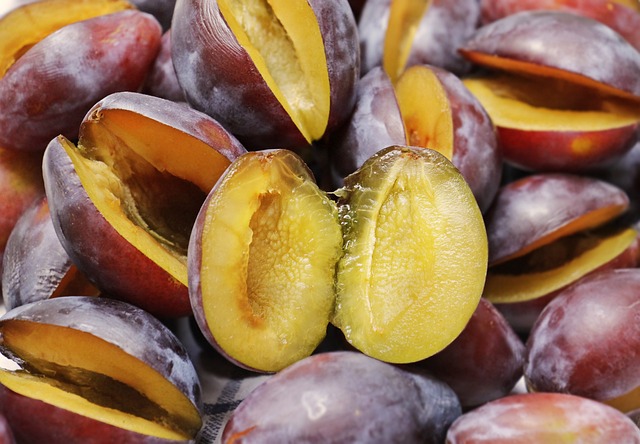Probiotics vs. Prebiotics: What’s the Difference and Which One is Better?
Probiotics and prebiotics are two terms that have been thrown around a lot recently in the health and wellness industry. While they both have to do with gut health, they are not the same thing and serve different purposes. In this article, we will explore the differences between probiotics and prebiotics and help you decide which one may be more beneficial for your overall health and well-being.
Probiotics:
Probiotics are live bacteria and yeasts that are good for your health, especially your digestive system. These microorganisms populate your gut and help maintain a healthy balance of bacteria. They are often referred to as “good” bacteria, as they can help to improve digestion, boost immunity, and even have mental health benefits.
Probiotics can be found in a variety of foods, including yogurt, kefir, sauerkraut, kimchi, and tempeh. They can also be taken in supplement form as capsules or powders. When choosing a probiotic supplement, it is important to look for one that contains a variety of strains and has a high number of colony-forming units (CFUs).
Prebiotics:
Prebiotics are a type of fiber that the human body cannot digest. Instead, they act as a food source for the good bacteria (probiotics) in your gut. Prebiotics help to stimulate the growth of beneficial bacteria, which can improve gut health, boost immunity, and even lower the risk of chronic diseases.
Prebiotics can be found in a variety of foods, including bananas, onions, garlic, asparagus, and artichokes. They can also be taken in supplement form as capsules or powders. When choosing a prebiotic supplement, it is important to look for one that contains a variety of fibers, including inulin and oligofructose.
Probiotics vs. Prebiotics:
Probiotics and prebiotics are often lumped together, but they serve different purposes in the body. Probiotics are living microorganisms that help to populate your gut with beneficial bacteria. Prebiotics are a type of fiber that feed those beneficial bacteria. Both are important for gut health, but they work in different ways and offer different health benefits.
Probiotics have been shown to have many health benefits, including improving digestion, boosting immunity, and even reducing anxiety and depression. They can be found in a variety of foods and supplements, but it is important to choose a high-quality supplement with a variety of strains.
Prebiotics, on the other hand, help to nourish the good bacteria in your gut. They can help to improve gut health, boost immunity, and even lower the risk of chronic diseases. Prebiotics are found in a variety of foods and supplements, but it is important to choose a supplement with a variety of fibers, including inulin and oligofructose.
Which One is Better?
When it comes to deciding between probiotics and prebiotics, there is no clear winner. Both are important for gut health and overall health and wellness. It really comes down to your individual needs and goals.
If you are looking to improve your digestion, boost your immunity, or manage anxiety and depression, a probiotic supplement may be the way to go. On the other hand, if you are looking to improve your gut health, lower your risk of chronic diseases, or regulate your appetite, a prebiotic supplement may be more beneficial.
Ultimately, it is important to listen to your body and consult with a healthcare professional before adding any supplements to your routine.
Conclusion:
Both probiotics and prebiotics play a crucial role in gut health and overall health and wellness. They are not the same thing and serve different purposes, but both are important for maintaining a healthy gut microbiome. When deciding between probiotics and prebiotics, consider your individual needs and goals, and consult with a healthcare professional before adding any supplements to your routine.







